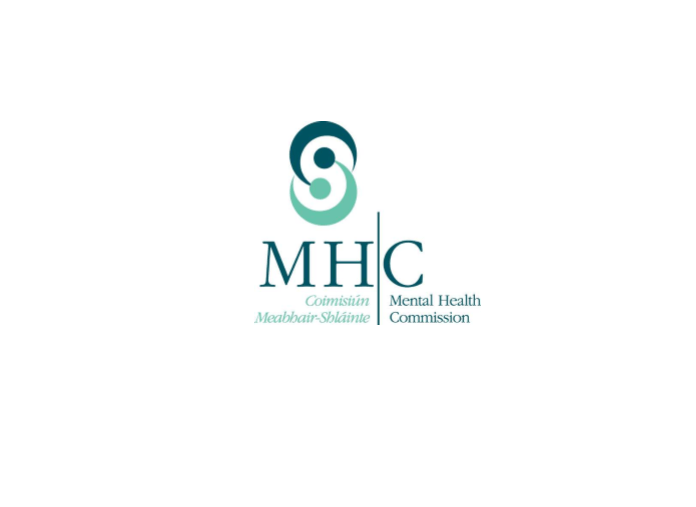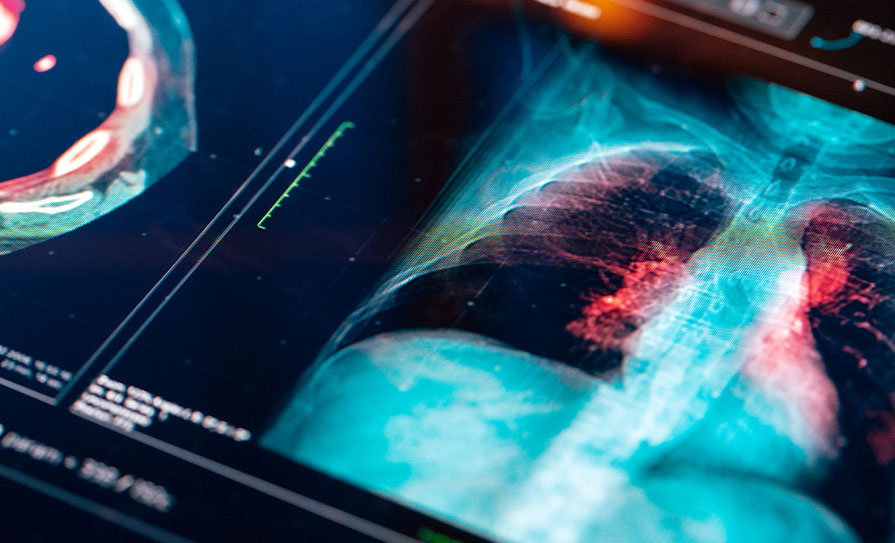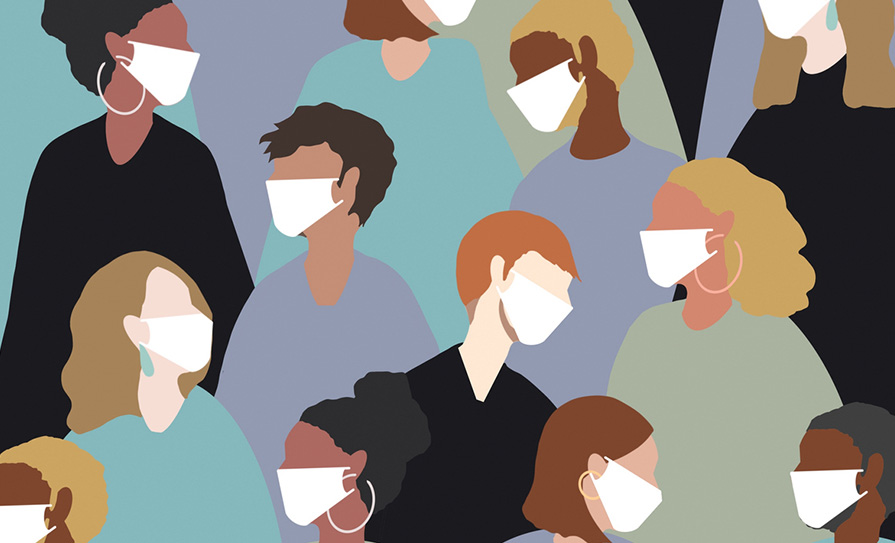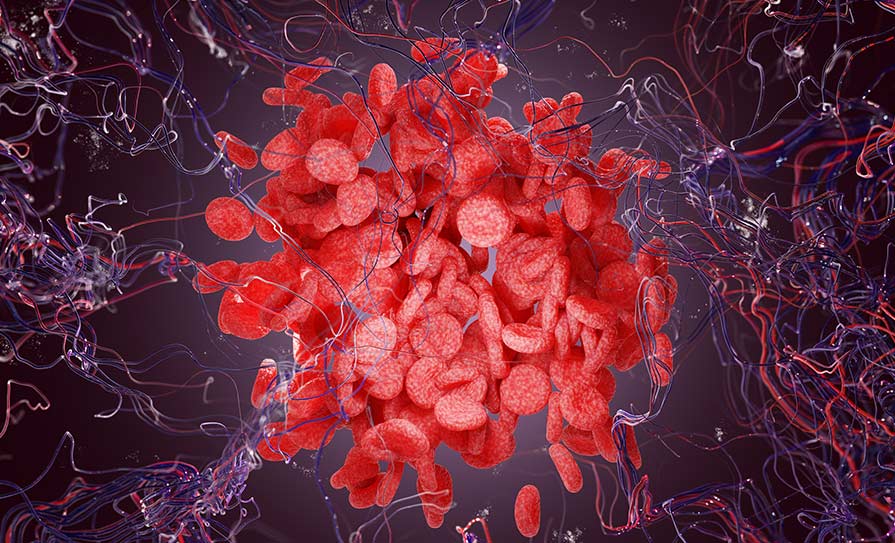The Inspector of Mental Health Services has said that the use of mechanical restraint in one of the country’s child and adolescent mental health centres is a worrying development.
The Inspector’s comments were made with respect to Linn Dara Child and Adolescent Mental Health Service in Dublin 10, one of three inspection reports published this morning by the Mental Health Commission (MHC) that together, identified four critical and 10 high risk non-compliances.
“The use of mechanical restraint in the form of soft cuffs for a young person in Linn Dara is of significant concern,” said Dr Susan Finnerty. “Nationally, the use of mechanical restraint is confined to the adult forensic mental health services and then only in very limited circumstances, involving transport to and from the Central Mental Hospital.
“That mechanical restraint is being used in the delivery of general mental health services – and particularly in a child and adolescent centres – is a worrying development,” she added.
“The personal costs to children and young people’s development and welfare and to staff from the use of restraint are well documented and international guidelines strongly recommend against mechanical restraint in children.
“Using positive behaviour support and other alternatives – which can de-escalate challenging behaviour and tackle the reasons for it at source – should always be the preferred approach.”
The Chief Executive of the Mental Health Commission, John Farrelly, echoed Dr Finnerty’s concern about the introduction of mechanical restraint into general services.
“Mechanical restraint is traumatic, countertherapeutic and dehumanising and has no place in a person-centred recovery focused mental health service, let alone in the care and treatment of a young person,” he said.
Full report can be seen here













Leave a Reply
You must be logged in to post a comment.